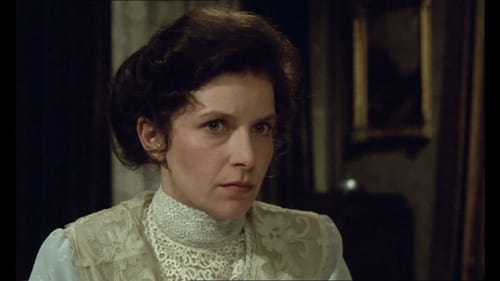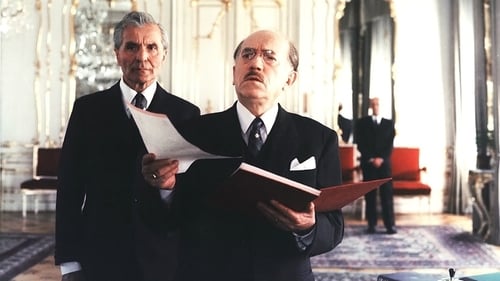
República de Weimar (1919-1933). Una vez terminada la Primera Guerra Mundial (1914-1918), se produjeron en Alemania movimientos populares de protesta, al frente de los cuales se hallaban Rosa Luxemburgo y Karl Liebknecht, que fundaron un partido político revolucionario de carácter comunista: los espartaquistas.

Herr von Schlieffen

This feature film based on the events of 1938 is a chronicle of the futile efforts of the Czechoslovak president Edvard Benes (Jirí Pleskot), politicians and ordinary citizens, to save the independence and the territorial integrity of the state from the advance of Hitler's Germany. On the 29th of March 1938 the leader of the Sudeten Germans Henlein (Werner Ehrlicher) has a meeting with Hitler (Gunnar Möller). Hitler orders him to intensify pressure on the Czechoslovak government. On the 24th of April in Carlsbad, the Sudetendeutsche Partei (Sudeten German Party) decides upon eight demands that are unacceptable to the Czechoslovak President, since they would ultimately lead to the break-up of the Republic. Benes still shows a certain willingness to negotiate, and Henlein resents this. The Germans are determined to make further negotiations impossible through incidents and violence.

This lavish Soviet/Czech co-production is based on Fyodor Dostoyevsky's famous novel, The Gambler, which tells the story of a Russian living in Germany, in a gambling resort. This film is set at the turn of the century, and was filmed in Karlovy Vary (Carlsbad), Czechoslovakia. Played by Nikolai Burlyayev, the gambler succumbs completely to his addiction, using up every resource he has (human, spiritual and financial) in his wagering, finally becoming a rootless drifter.

Jan Zika is the legendary hero of the communist resistance movement during World War II and leading functionary of the second underground Central Committee of the Communist Party of Czechoslovakia.


